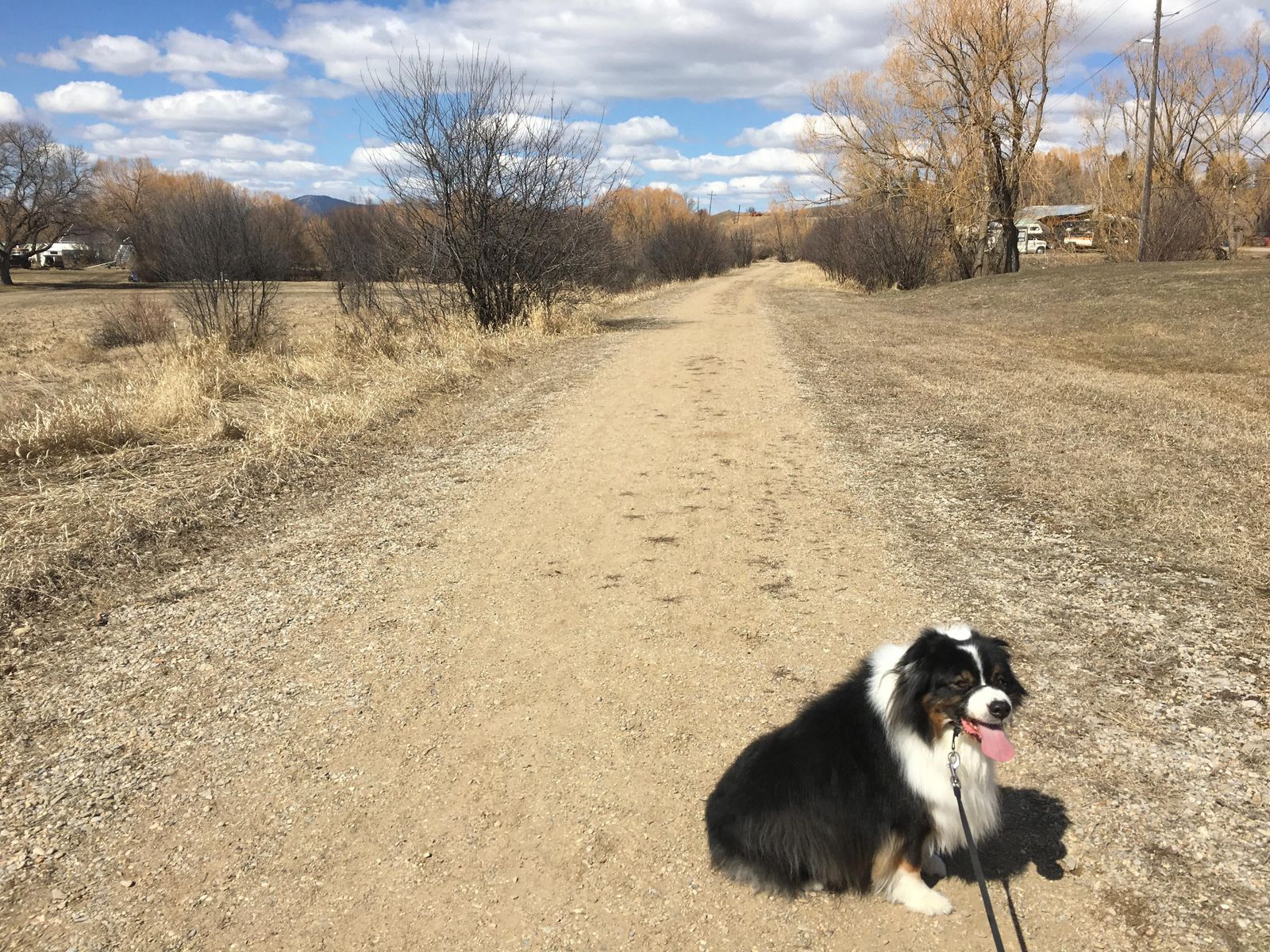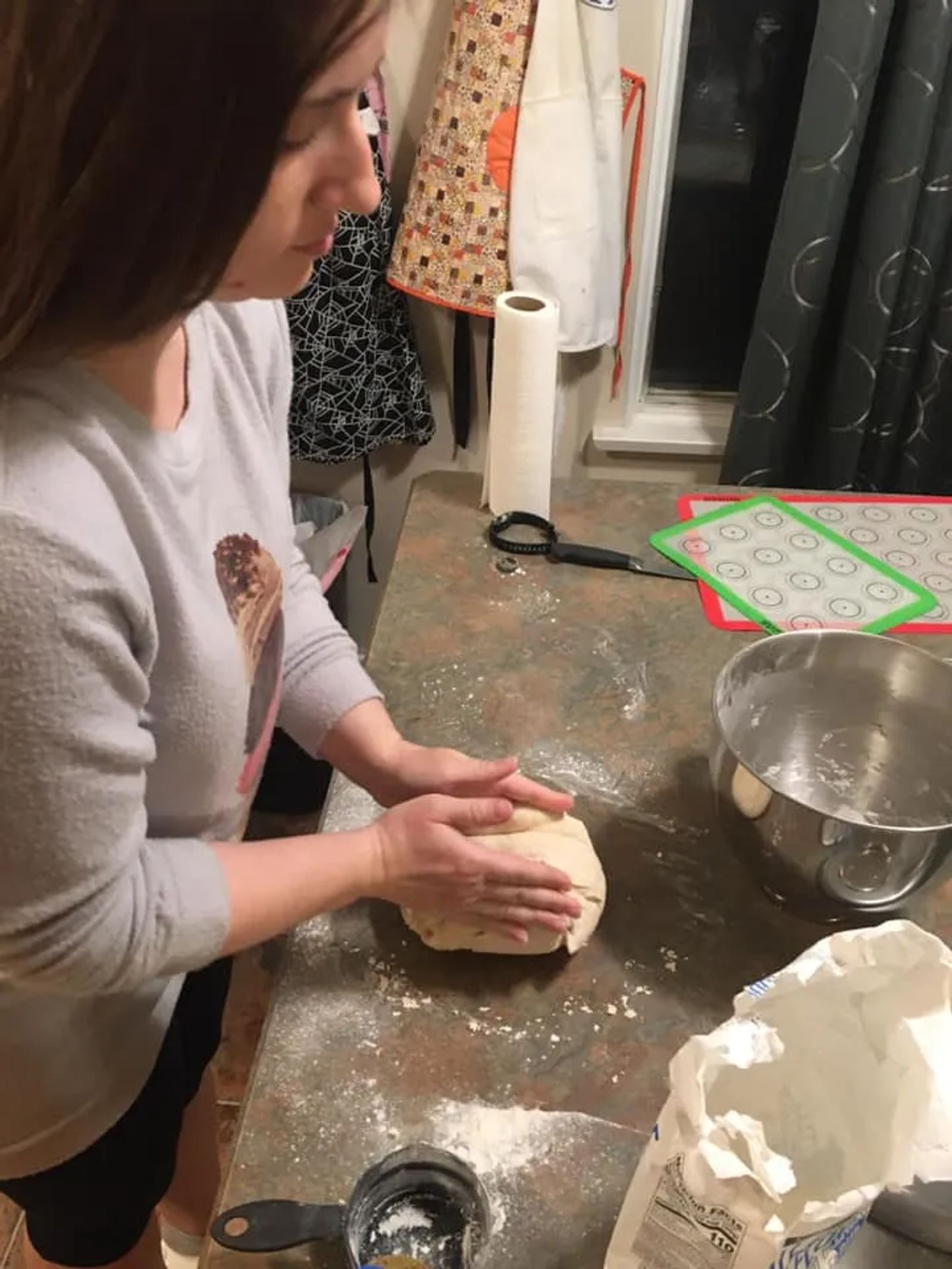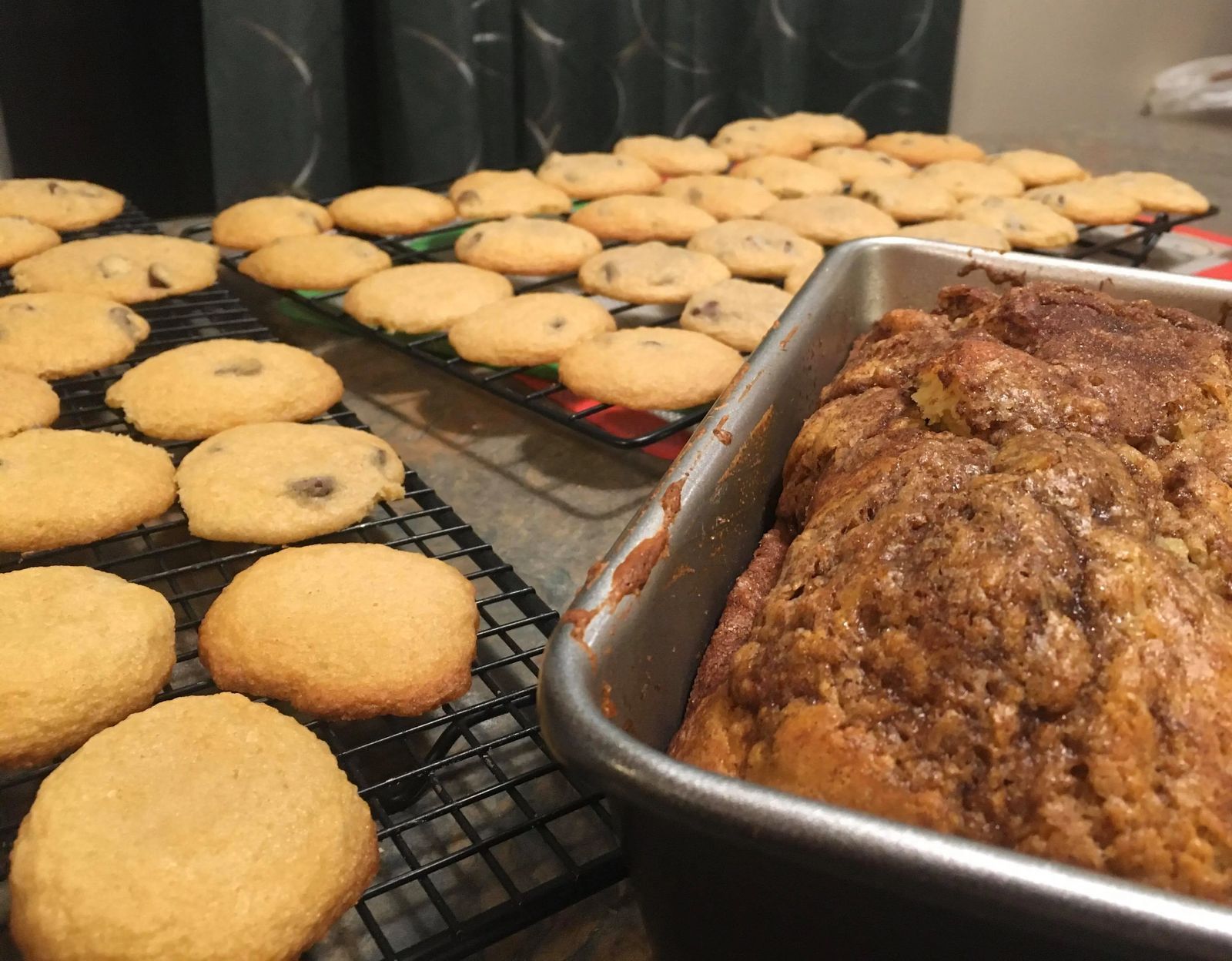
Using Chaos to Create Calm
By Emily Standley | March 27, 2020
It’s strange to think that only one month ago, COVID-19 felt like a faraway term. We had heard plenty about this novel virus in the news, and cases were steadily increasing in the country’s larger cities, but certainly, it seemed, our small Montana towns wouldn’t feel the same effects. Fast forward just a few weeks, and now COVID-19 is a household phrase. Signs on store windows, Hulu ads, and every other social media story seem to revolve around this virus causing an upheaval, the likes of which hasn’t been seen by most living persons.
As COVID-19 has begun to flip our comfortably-paced, Central Montana living upside down, I sometimes find myself wrapped in bouts of anxiety wondering if things will ever be the same again. But lately, I’ve also started to realize that amidst all this uncertainty and heartache, perhaps there is opportunity to ensure that when COVID-19 is behind us, life doesn’t go back to the way it was, but instead, that life is better than the way it was.
When cancellations and school closures began making their way across Montana, eventually ending in state-wide mandates, I felt the upheaval in my work life especially. I went from having a spring season packed to the brim with classes, conferences, evening meetings, and youth events to a seemingly empty calendar. As someone who works in outreach and informal education, this didn’t mean I was off the hook for my obligations – it just meant I had to shift gears, by finding ways to deliver programs online, have virtual meetings, and plan for more what-ifs in the coming months. And underneath the frustrating surface of this restructuring, creativity arose.


A consistent challenge of my job has been trying to schedule classes and programs at a time when people can actually attend. Utilizing online platforms can make classes accessible anytime. So, wait – if I’m using online presentations right now, why can’t I do the same when there’s not a pandemic? Another hurdle has been trying to juggle so many different projects – if you’ve ever visited the Extension office, you have probably realized we often fall into that “Jack of all trades, master of none” category. But a few days ago, on a conference call, some of my coworkers across the state asked about collaborating on a video series that all of our counties could use, which would greatly reduce the workload of each individual Extension agent. Why haven’t we done this before? Solutions that seem like they should have been obvious in hindsight are now coming to the forefront, and through this, I have learned that perhaps, being overwhelmingly “busy” is not a requirement for serving our communities effectively.
An unexpected side effect of this sudden (and forced) shift in perspective has been the opportunity to become reacquainted with myself again. I’ve begun to understand what healthy, efficient prioritization can look like when I slow down instead of just going through the motions of what I’m “supposed to do.” This week, for the first time in the four years I’ve lived in Lewistown, I used my entire lunch break to do nothing but walk the trail system. Last weekend, I was reminded of how much it fills my cup to spend the day baking in my own kitchen. I read a book while taking a bubble bath. I practiced a musical instrument for the first time in I don’t know how long. I spent quality time with my husband – time where I wasn’t exhausted and constantly thinking about all the work waiting for me in the morning.
In all of this reflection, I don’t want to sound insensitively optimistic. Of course, these necessary adjustments have been difficult, and the unknown can be frightening. On a personal level, I’m concerned for my husband with asthma. I’m annoyed and frustrated that I can’t visit my brand new niece. Bigger than myself, businesses are unsure of their future, people have lost incomes, and this virus continues to take human life. But if a novel virus is going to upend our living, then I want to make sure I use this time for whatever good is possible.
I know each person has had a different experience through this time of chaos. I’m not a healthcare worker, being asked to work on the frontlines. I’m not a parent who suddenly found themselves playing the role of teacher and playmate. I know I’m immensely fortunate that this season has allowed me to slow down rather than forced me to speed up. But I also know that I have witnessed so much of humanity’s goodness on display – communities rallying to support local businesses, volunteers delivering meals, people willing to sacrifice their accustomed routines and luxuries to protect their neighbors. At the very least, it seems we’re beginning to understand what we truly value. Of course, I wish all of the above would come about without prompting from a pandemic, but, then again, maybe the opportunity was already there, and, in the philosophy of Mr. Rogers, this disaster allowed us see the helpers, and the ways we can help, more clearly. I hope and pray that when we’ve moved past this, and we look back on the world before COVID-19, we can say with confidence that things have not returned to the way they were before – that instead we have learned how to support each other better, have learned how to connect with our families better, have learned how to appreciate each other better, and have learned how to live better.










